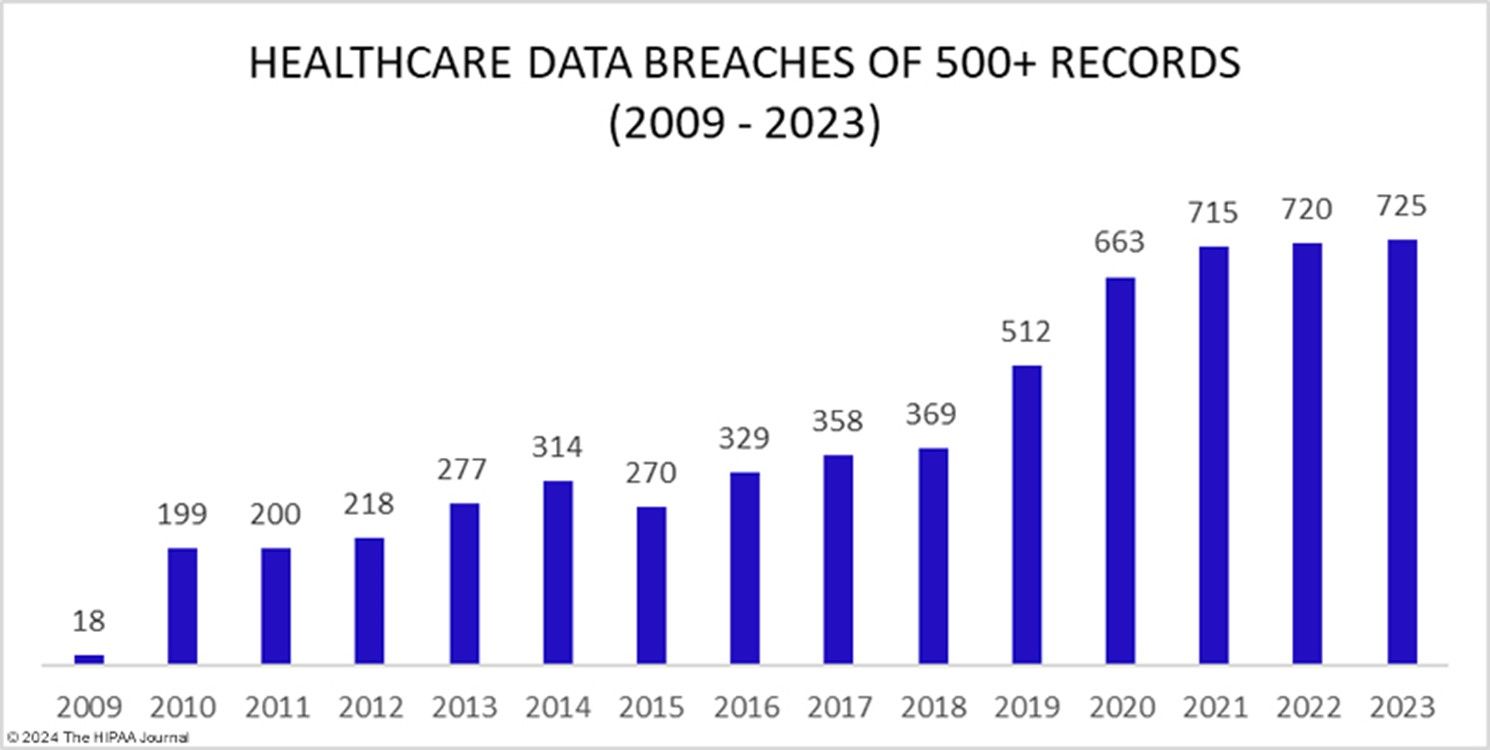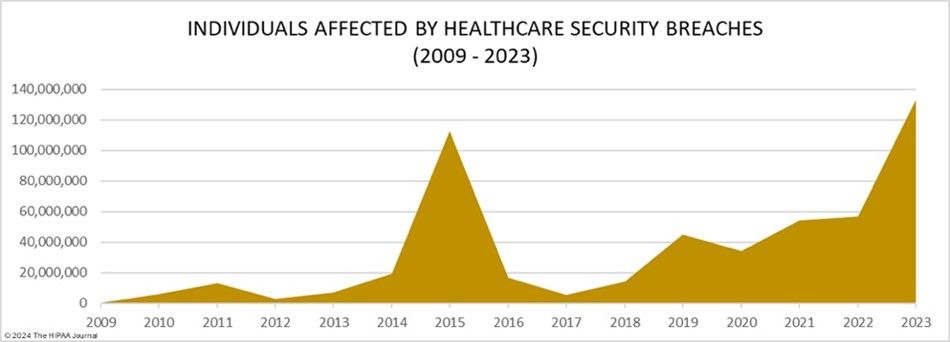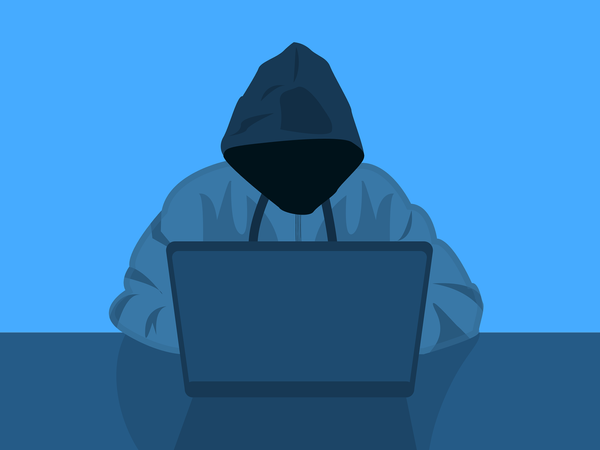Has Your Health Information Been Exposed? Take These Critical Next Steps

The healthcare industry has unfortunately become a prime target for cybercriminals who seek to exploit sensitive personal and medical data. In the United States, a new record was set in 2023, with 725 large security breaches reported to the Department of Health and Human Services (HHS) Office for Civil Rights (OCR).

The increasing number of data breaches is not the only cause of concern. The scale of these breaches is also alarming. 2023 was the worst-ever year for breached healthcare records, with the number of breached records increasing by 156% from 2022 to 133,068,542. In 2023, an average of 373,788 healthcare records were breached every day.

Your medical and personal health information is extremely sensitive data that needs to be carefully protected. A breach where this confidential data is accessed or stolen by unauthorized individuals can be a nightmare scenario that leaves you feeling violated and vulnerable.
Cybercriminals can misuse your medical data to target you with extortion and blackmail or take advantage of your medical conditions. They may also use it to create fraudulent insurance claims, obtain care under your name, or illegally gain access to prescriptions for their own use or resale.
What to do if you suspect your health information has been compromised
If you have reason to believe your health records or personal information has been compromised in a data breach, act quickly. Here are some key steps to take:
1. Contact the healthcare provider or entity where the breach occurred. This could be your doctor's office, hospital, health insurer, pharmacy, or any other organization that stores your personal medical data. They are required to investigate the situation and let you know what information was exposed.
2. Ask for free credit monitoring and identity theft protection services. Organizations that experienced a data breach involving personal information are often required to provide these services free of charge for a period of time.
3. Place a fraud alert on your credit reports. This warns creditors that your information may have been compromised and to take extra steps to verify your identity before opening new accounts. You only need to contact one of the three major credit bureaus.
4. Consider placing a credit freeze on your credit reports. This restricts access to your credit file, making it harder for someone to open new accounts in your name.
5. Monitor credit reports, bank statements, and medical bills very closely. Look for any suspicious activity or inaccuracies that could indicate identity theft or fraud.
6. File an identity theft report with the Federal Trade Commission if you see evidence that your information was misused.
7. Notify your healthcare providers about the breach so they can watch for any unauthorized activity on your medical accounts and records.
You can take measures yourself or use digital identity monitoring services to mitigate potential fallout from a health data breach and protect yourself from identity theft and fraud.
How to protect your medical data
If you live in the US, you can protect your digital identity with Bitdefender Identity Theft Protection. It continuously monitors Social Security numbers and other personal information on the public and Dark Web, alerting you in real-time about breaches. It also provides real-time alerts on credit report requests, address changes, court records, and payday loans in your name. If you fall victim to identity theft, you can benefit from insurance that guarantees you recover certain out-of-pocket expenses and lost wages if your identity is stolen.
For the rest of the world, Bitdefender Digital Identity Protection is the best tool for shielding you from the dangers of breaches. It monitors your personal data in real-time, alerts you in case of data leaks, and reports to you any incident that puts your identity at risk.
Safeguarding your digital identity and protecting your sensitive health information has never been more crucial in our data-driven world.
Don't wait until it's too late – be proactive about your safety.
tags
Author
Cristina is a freelance writer and a mother of two living in Denmark. Her 15 years experience in communication includes developing content for tv, online, mobile apps, and a chatbot.
View all postsRight now Top posts
Torrents with Pirated TV Shows Used to Push Lumma Stealer Malware
November 14, 2024
What Key Cyberthreats Do Small Businesses Face?
September 06, 2024
FOLLOW US ON SOCIAL MEDIA
You might also like
Bookmarks








